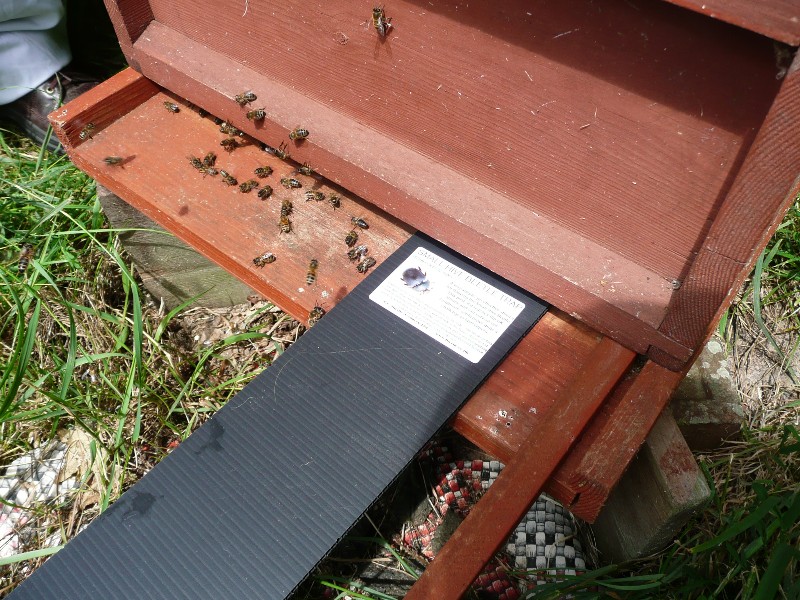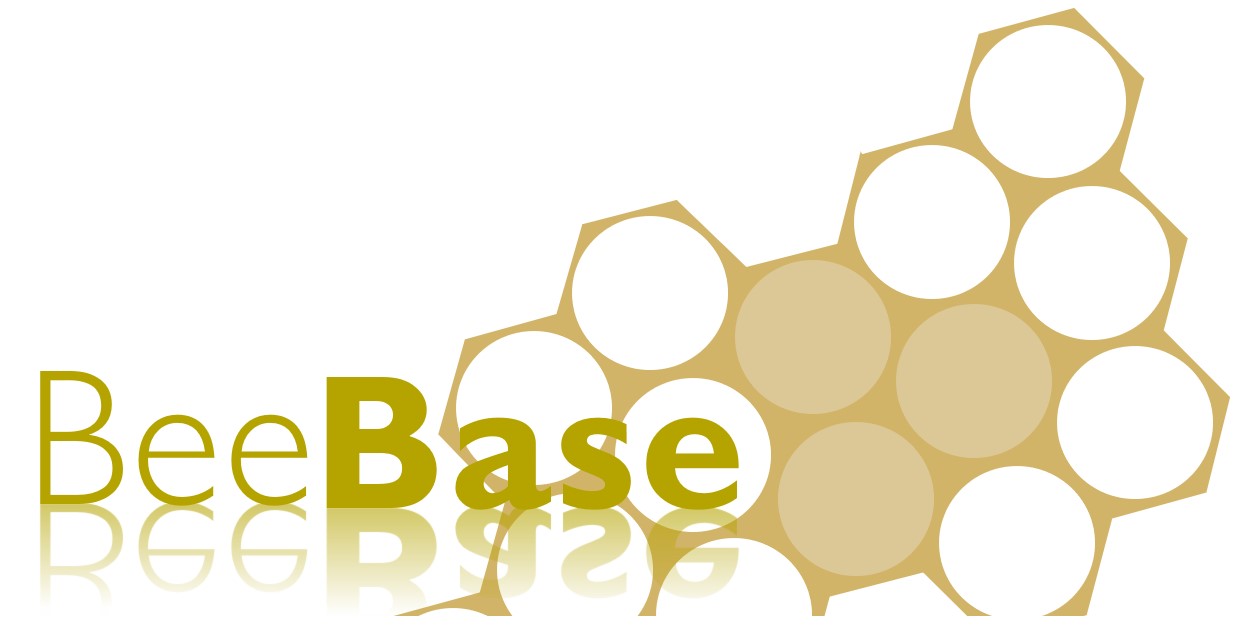Voluntary Sentinel Apiary Programme
The voluntary sentinel apiary (VSA) programme was set up in 2010 to increase exotic pest surveillance in England and Wales. Each region in England and Wales has at least 15 VSAs, which have been chosen for their close proximity to exotic risk points.
The scheme relies on voluntary participation by beekeepers who are asked to monitor their colonies for exotic pests and submit two samples of floor scrapings/hive debris during the active season using equipment and materials provided by the National Bee Unit. All equipment and postage costs are supplied at no cost to the participating beekeeper.
The programme is targeted towards detecting the statutory exotic pests, small hive beetle (Aethina tumida) and the Tropilaelaps spp. mite. Monitoring for Asian hornet is also undertaken by some VSAs in high-risk areas. For general Asian hornet monitoring, the use of killing traps is discouraged as they kill native invertebrates. If VSA beekeepers can make a commitment to check traps every day to release bycatch, they are encouraged to monitor for Asian hornet as part of the programme.
Enhanced Sentinel Apiary Programme
In addition to the VSA programme, there is also an Enhanced Sentinel Apiary (ESA) programme. Whereas the VSA scheme relies solely on voluntary beekeeper participation, the ESA programme will benefit from the expert inspection of colonies by Approved Bee Inspectors three times each season.

How to get involved
If your apiaries are in England or Wales and you wish to take part in either the VSA or ESA programmes, contact your local bee inspector to discuss. Details can be found by on our Contact Us page.
Documents for Participants
Use of the Small hive beetle (SHB) floor trap
Sample Labels
